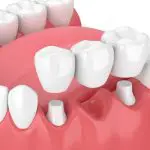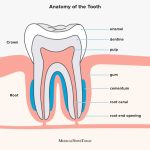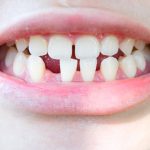Why Gaten Matarazzo’s Missing Teeth Are More Than Just a Quirky Feature

Gaten Matarazzo, known for his role as Dustin Henderson in the hit Netflix series Stranger Things, has become a beloved and widely recognized figure in pop culture. However, it is not just his acting skills that have garnered attention. Matarazzo’s missing teeth have become a defining feature, sparking curiosity and speculation among fans and the media alike. While some may view this as a quirky characteristic, there is much more to this story than meets the eye. Matarazzo was born with a rare genetic condition called cleidocranial dysplasia (CCD), which affects the development of bones and teeth. This condition has led to Matarazzo having only a few of his permanent teeth, leaving gaps in his smile that are often visible on screen and in public appearances. While Matarazzo has been open about his condition and the challenges it has presented, his missing teeth have also become a symbol of representation and advocacy for those with CCD and other rare medical conditions.
Gaten Matarazzo is an American actor known for his role as Dustin Henderson in the hit Netflix series Stranger Things. However, it’s not just his acting skills that have garnered attention. Matarazzo was born with a rare genetic disorder called cleidocranial dysplasia, which affects the development of bones and teeth. As a result, he is missing several teeth, and those that did grow in are smaller than average. Despite undergoing multiple surgeries and dental procedures, his condition has not been fully corrected. Rather than hide his unique appearance, Matarazzo has embraced it and become an advocate for those with cleidocranial dysplasia, using his platform to raise awareness and promote inclusivity.
Gaten Matarazzo’s missing teeth are not just a quirky feature, but a physical manifestation of a rare genetic disorder called cleidocranial dysplasia. This condition affects the development of bones and teeth, particularly the collarbones and skull. As a result, people with this disorder may have delayed or incomplete growth of their teeth, leading to gaps or missing teeth. While Gaten’s teeth have become a distinguishing feature of his appearance, they also represent the challenges he has faced and overcome in his life. By embracing his unique smile, he has become an inspiration for others with cleidocranial dysplasia and a symbol of strength and resilience.
Gaten Matarazzo’s Medical Condition

Gaten Matarazzo, the young actor who rose to fame for his role as Dustin Henderson in the hit Netflix series Stranger Things, has a medical condition that affects his teeth. Matarazzo was born with cleidocranial dysplasia, a rare genetic disorder that affects the development of bones and teeth. The condition is characterized by the slow development of bones and teeth, and in some cases, the complete absence of certain bones and teeth. In Matarazzo’s case, the condition has caused him to be born without a number of permanent teeth, including his front teeth. The actor has been very open about his condition, and has used his platform to raise awareness about cleidocranial dysplasia. While Matarazzo’s missing teeth have become somewhat of a quirky feature of his appearance, they are more than just a cosmetic issue. The absence of teeth can have a significant impact on a person’s quality of life, affecting their ability to eat, speak, and even breathe properly. In Matarazzo’s case, his condition has required him to undergo multiple surgeries and dental procedures to correct his teeth and jaw. Despite the challenges he has faced due to his condition, Matarazzo has remained positive and has used his experiences to inspire others. He has become an advocate for people with cleidocranial dysplasia, and has used his platform to raise awareness about the condition and the challenges that people with rare medical conditions face.
Gaten Matarazzo, the beloved actor from Stranger Things, has a medical condition called cleidocranial dysplasia (CCD). CCD is a genetic disorder that affects the development of bones and teeth. The disorder is caused by mutations in the RUNX2 gene, which is responsible for regulating the growth and development of bones and teeth. People with CCD typically have delayed closure of the fontanelles (soft spots on the skull), a small or absent collarbone, and dental abnormalities such as delayed eruption of teeth, extra teeth, and missing teeth. In Gaten’s case, he is missing several permanent teeth and has had to undergo multiple surgeries and dental procedures to address his dental issues. Despite the challenges he has faced due to his condition, Gaten has been an inspiration to many and has used his platform to raise awareness about CCD and advocate for those with similar conditions.
Cleidocranial dysplasia (CCD) is a rare genetic disorder that affects the development of bones and teeth. Individuals with CCD have abnormal or missing collarbones, a prominent forehead, and delayed closure of the skull bones. However, one of the most noticeable features of CCD is the delayed eruption of permanent teeth. Teeth may be missing, misshapen, or crowded, leading to difficulties with chewing and speaking. Gaten Matarazzo, the actor who plays Dustin on Stranger Things, has opened up about his experiences with CCD and how it has affected his teeth. While CCD may seem like a quirky feature to some, it can have a significant impact on an individual’s quality of life.
The Impact of CCD on Gaten’s Life

Gaten Matarazzo, the star of the hit Netflix series \Stranger Things,\ has a condition called Cleidocranial Dysostosis (CCD) that has impacted his life in many ways. CCD affects the growth and development of bones and teeth, resulting in delayed or incomplete bone formation. This has caused Gaten to have a unique appearance, including missing teeth, a smaller jawline, and a shorter stature than his peers. Despite these physical challenges, Gaten has not let CCD define him and has become an inspiration to many. One of the most significant impacts of CCD on Gaten’s life has been his dental health. The condition has caused him to have a delayed formation of his permanent teeth, resulting in the need for multiple surgeries and dental procedures. Gaten has been open about his experiences with dental surgery and how it has affected his confidence. He has used his platform to raise awareness about the importance of dental health and the challenges faced by those with CCD. Despite the difficulties he has faced, Gaten has not let his dental condition hold him back and continues to pursue his dreams as an actor and musician.
Gaten Matarazzo’s life has been profoundly impacted by his condition, cleidocranial dysplasia (CCD), beyond his missing teeth. CCD is a rare genetic disorder that affects the development of bones and teeth, causing dental abnormalities and bone deformities. As a result, Gaten has undergone multiple surgeries and dental procedures to correct his condition. However, CCD has also given him a unique perspective on life and a platform to raise awareness about rare genetic disorders. Gaten has become an advocate for children with disabilities and has used his platform to inspire others to embrace their differences. His condition has taught him resilience, determination, and empathy, making him a role model for many. Gaten’s missing teeth may be a quirky feature, but his positive attitude and advocacy work are what truly make him stand out.
Gaten Matarazzo, best known for his role as Dustin Henderson in the hit Netflix series \Stranger Things,\ has not only captured the hearts of audiences with his acting skills but also with his advocacy work for CCD awareness and research. The congenital disorder, Cleidocranial Dysplasia, affects the development of bones and teeth and can cause dental abnormalities, such as delayed tooth eruption, missing teeth, and abnormal tooth shape. Gaten, who was born with CCD, has used his platform to raise awareness of the disorder and has been an advocate for research to find better treatment options for those affected. He has also shared his personal experiences living with CCD, inspiring others to embrace their differences and promoting the importance of inclusivity and acceptance.
Representation and Visibility of Disabilities in Media
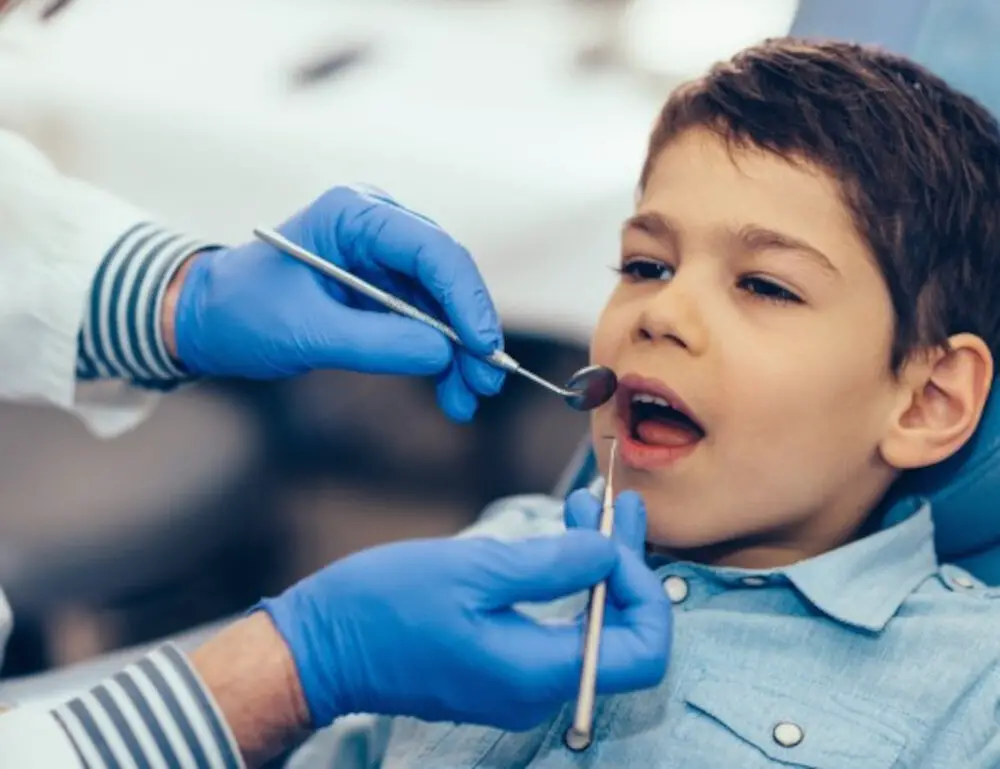
The representation and visibility of disabilities in media have been a topic of discussion for many years. The portrayal of disabilities in popular culture has traditionally been inaccurate and harmful, perpetuating negative stereotypes and stigmatizing those with disabilities. However, in recent years, there has been a push for more accurate and positive representation of disabilities in the media. This includes showcasing disabilities as a normal aspect of human diversity rather than a tragic or inspirational story. The representation of disabilities in the media can help to break down barriers and increase understanding and inclusivity, leading to a more accepting and supportive society for those with disabilities. Gaten Matarazzo’s missing teeth on the hit TV show Stranger Things has brought attention to the representation and visibility of disabilities in media. Matarazzo’s character, Dustin Henderson, has cleidocranial dysplasia, a condition that affects the development of bones and teeth. The show’s creators made the decision to incorporate Matarazzo’s condition into his character, making it a part of his identity rather than hiding or ignoring it. This not only provides accurate representation of a disability, but it also helps to normalize disabilities for audiences who may not have been exposed to them before. By featuring disabilities in media, we can increase visibility and understanding, ultimately leading to a more inclusive society.
The representation and visibility of disabilities in media are crucial for several reasons. First, it helps to break down the stigma and stereotypes surrounding disabilities. When people with disabilities are portrayed on screen as complex and multifaceted individuals, it challenges the one-dimensional portrayals that have been prevalent in the past. It also helps to increase empathy and understanding among non-disabled individuals, as they can see the challenges and triumphs that people with disabilities experience. Additionally, it provides a sense of visibility and validation for people with disabilities themselves, who may feel isolated or marginalized in society. By highlighting the experiences of people with disabilities, media can help to create a more inclusive and equitable society for all.
Gaten Matarazzo’s portrayal of Dustin Henderson, a character with Cleidocranial Dysplasia (CCD), in Stranger Things is a significant contribution to disability representation in the media. By showcasing a character with a disability in a popular TV series, the showrunners have helped to normalize and destigmatize the condition. Additionally, Matarazzo’s nuanced performance demonstrates that individuals with CCD are not defined by their disability and can lead fulfilling lives. The fact that Matarazzo himself has CCD further adds to the authenticity of the portrayal and gives visibility to a group of people who are often overlooked in the media. Through his role in Stranger Things, Matarazzo has become a role model for individuals with CCD and has helped to promote acceptance and understanding of disabilities in society.
The Stigma Surrounding Dental and Medical Differences
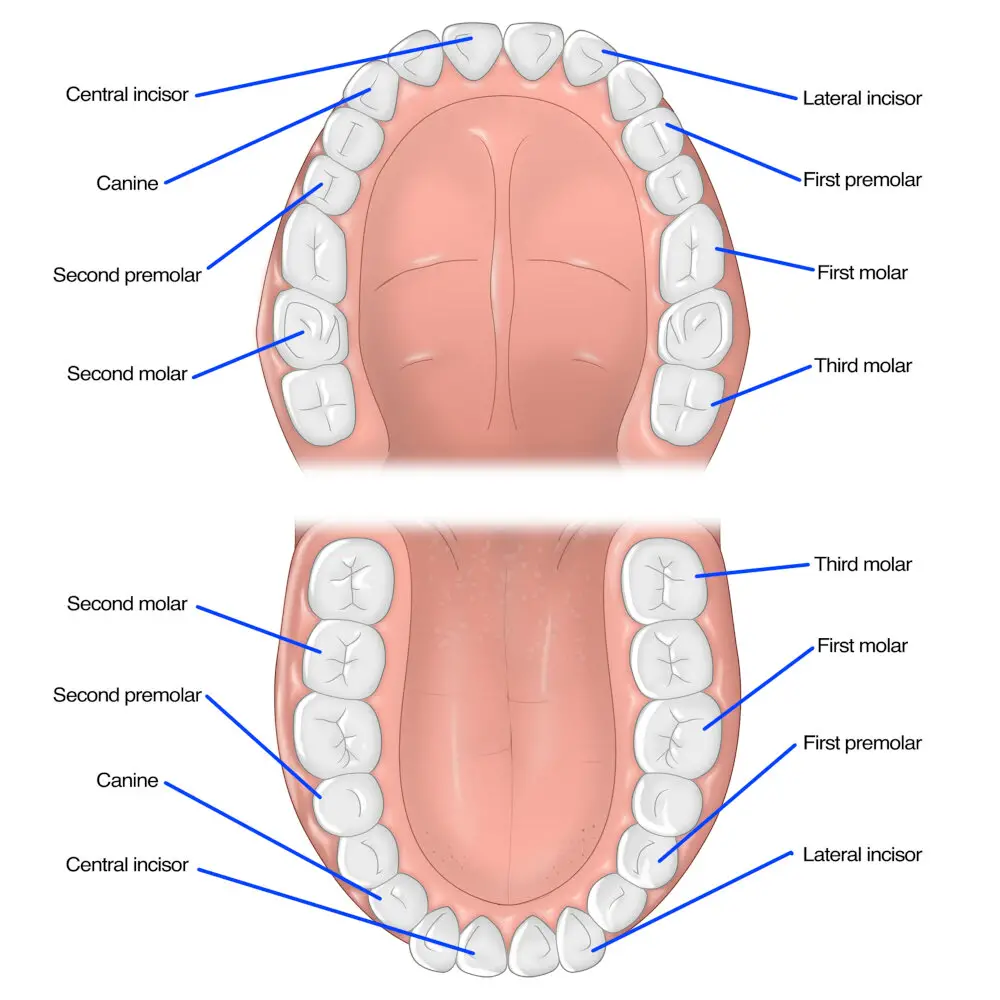
The stigma surrounding dental and medical differences is pervasive and damaging. Society has long placed a premium on physical perfection, and any deviation from that norm is often met with discomfort or disdain. This attitude is particularly harmful when it comes to dental and medical differences, which can be incredibly isolating for those who are affected. People who are missing teeth or have visible physical differences may be subject to ridicule or ostracism, which can have a profound impact on their self-esteem and mental health. This stigma can also affect access to healthcare, as people may avoid seeking treatment for fear of being judged or discriminated against. It is important to challenge these attitudes and recognize the harm they can cause. Dental and medical differences are not something to be ashamed of, and people who have them deserve to be treated with respect and dignity. By normalizing these differences, we can create a more inclusive and accepting society. This starts with education and awareness, as well as challenging harmful stereotypes and promoting empathy and understanding. Ultimately, we need to recognize that everyone is different, and that those differences should be celebrated rather than stigmatized.
The negative attitudes and stigma surrounding dental and medical differences can have a profound effect on individuals, causing them to feel ashamed and insecure. It is unfortunate that society often views physical differences as abnormalities or flaws, rather than simply a part of diversity. This can be particularly evident in the case of dental differences, such as Gaten Matarazzo’s missing teeth, which are often seen as a source of entertainment or curiosity rather than respected as a unique feature. It is important to recognize the harm that such attitudes can cause and strive towards a more inclusive and accepting society, where individuals are celebrated for their differences rather than shamed for them.
Gaten Matarazzo’s public presence and advocacy work are a powerful force challenging societal attitudes towards disabilities and promoting acceptance. By openly discussing his rare genetic disorder and the challenges it presents, he is breaking down stigmas and stereotypes. Through his work with organizations such as CCD Smiles and Shriners Hospitals for Children, he is advocating for better medical care and support for those with disabilities. His role as an actor and public figure also provides representation for individuals with disabilities in the media, showcasing their talents and abilities. Gaten’s determination and resilience in the face of adversity serves as an inspiration to many, and his advocacy work is helping to create a more inclusive and accepting society for all.
Understanding and promoting acceptance of dental and medical differences is crucial for creating a more inclusive society. These differences can be a result of genetics, accidents, or medical conditions, and they are not indicative of an individual’s worth or capabilities. By recognizing and accepting these differences, we can break down the stigma and discrimination often associated with them. This can lead to increased self-esteem and confidence for those with dental and medical differences. Moreover, it can lead to greater empathy and understanding among individuals, promoting a more compassionate and connected community. It is important to recognize that everyone deserves respect and acceptance, regardless of their physical differences.
Gaten Matarazzo’s impact on disability representation and advocacy goes beyond his missing teeth. As someone with a cleidocranial dysplasia (CCD) diagnosis, he has used his platform to increase awareness and understanding of rare genetic disorders. He has become an advocate for individuals with disabilities and has shown that having a disability does not define a person’s abilities or limit their potential. By sharing his personal experiences and being open about his condition, Matarazzo has helped to break down stereotypes and promote acceptance and inclusivity. His positive attitude and determination serve as an inspiration to others, and his advocacy work helps to pave the way for greater representation and support for individuals with disabilities.
Conclusion
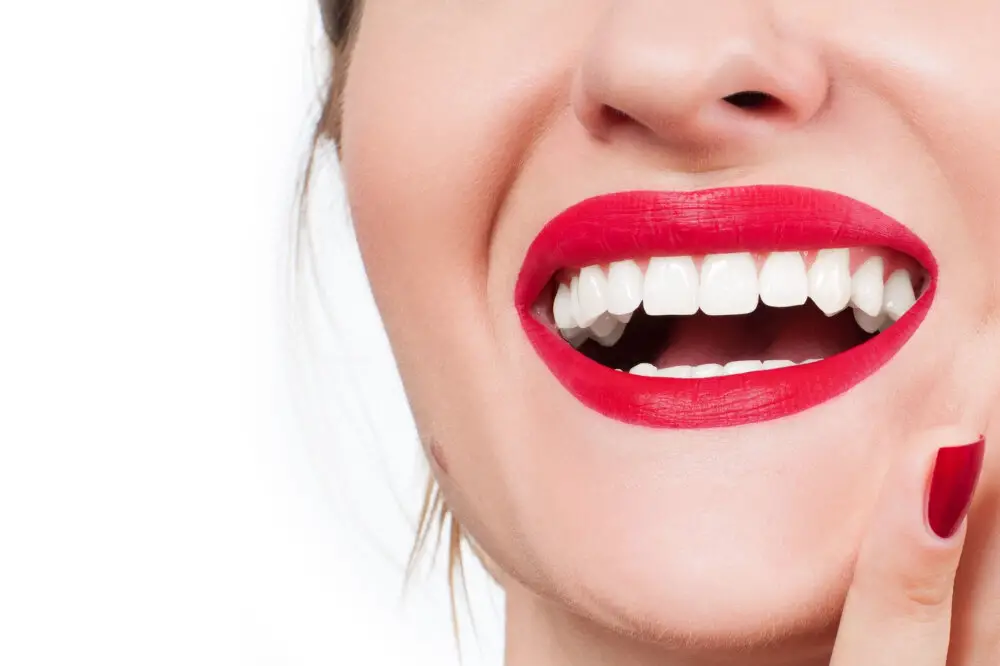
In conclusion, Gaten Matarazzo’s missing teeth are not just a quirky feature but rather a representation of a medical condition that affects millions of people worldwide. While some may see it as an imperfection, it is important to recognize that it does not define him as a person nor does it limit his abilities. By speaking out about his condition, Gaten has brought awareness to cleidocranial dysplasia and has become a role model for others who may feel insecure about their own differences. It is crucial that we embrace diversity, celebrate our differences, and treat others with kindness and respect, regardless of their physical appearance. Gaten is a shining example of this, and we should all strive to follow in his footsteps.

